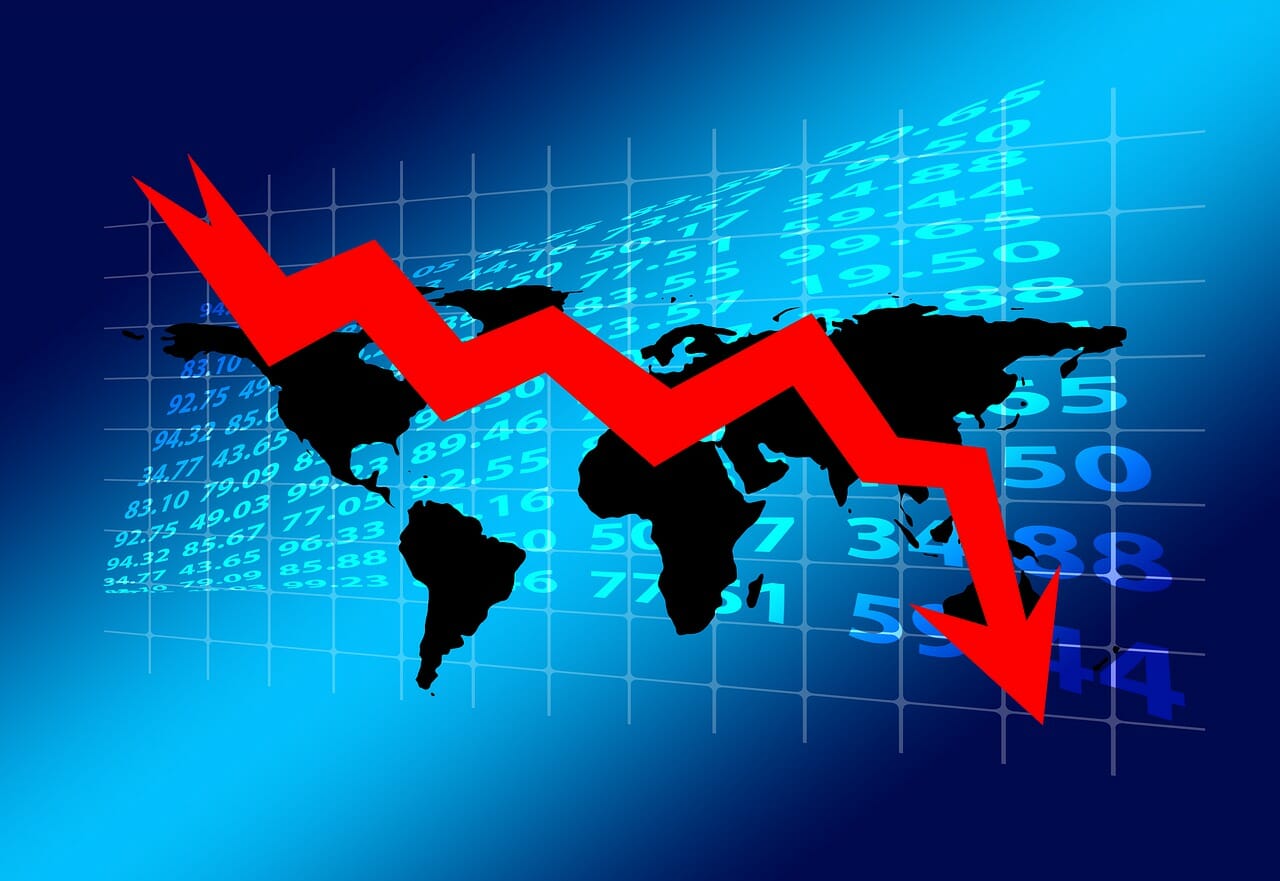In his podcast addressing the markets today, Louis Navellier offered the following commentary.
If you wish to listen to this commentary, please click here.
Officially In Recession
The Commerce Department on Thursday made its third and final revision to second-quarter GDP. Officially, the U.S. is in a recession, since GDP contracted at a 0.6% annual pace in the second quarter.
Q2 2022 hedge fund letters, conferences and more
Although Treasury Secretary Janet Yellen initially blamed inventory depletion for the second quarter GDP contraction, she has been conspicuously silent recently.
This is probably because Fed Chairman Jerome Powell is now being blamed for causing the U.S. to slide into a recession, so the heat is off Treasury Secretary Yellen for now.
Nonetheless, all the recession talk amidst higher interest rates basically insures a big change in Congress in the upcoming midterm elections.
Powerful Fed
The Fed is very powerful right now. The Fed is on track to increase interest rates 75 basis points six days before the midterm elections. That's certainly going to swing the elections. People are upset because mortgage rates are at 7% this week.
The Fed is on a mission to kill inflation but they're going to kill certain parts of the economy along the way.
The Labor Department on Thursday announced that initial claims for unemployment declined to 193,000 in the latest week, down from a revised 209,000 in the previous week.
Continuing unemployment claims declined to 1.347 million, down from a revised 1.376 in the previous week. Clearly, the labor market remains healthy, but Hurricane Ian is expected to distort next week’s unemployment statistics.
The big news emanating from Germany is the German government is going to issue some bonds because they are in an "energy war" and they basically want to issue these bonds to cap energy prices.
Apparently, they're going to have to pay market rates for energy, and it's going to be politically intolerable so they're going to issue bonds to make up the difference.
There is a war in Europe and it is being fought with energy, which is incredibly bullish for our energy stocks. Basically, all the surplus US natural gas has to be shipped to Europe.
The supply-demand balance for crude oil remains very precarious right now. This is the time of year when demand drops because there are more people in the northern hemisphere than in the southern hemisphere.
There's also a lot of refinery maintenance going on. The hurricane has curtailed production temporarily in the Gulf of Mexico which caused refineries to shut down briefly.
So, crude oil prices are trying to pull back a bit today. And a lot of energy stocks are having some consolidation after surging the last couple of days.
Yesterday's big rally was sparked by the Bank of England reinstituting quantitative easing, while our Fed is doing the opposite which is shrinking their balance sheet. The perception was the Fed would have to follow the Bank of England but there is no evidence of that right now.
So Wall Street is having a rethink, for lack of a better word. The 10-year Treasury yield is up today. The bond market continues to jerk the stock market around. Essentially, the bond market is the tail that is wagging the dog. This is what happens when the Fed tries to reduce its balance sheet.
No Bad News Allowed
Yesterday, there was a lot of short covering and that's important because that's how markets put in lows and bear markets end. This is the end of the quarter when there is usually a flight to quality.
As we go into October, it's all going to be about the third-quarter earnings announcements. I believe they are going to be negative. The strong dollar hurts multinationals and you can see what is happening with Apple right now.
They are being punished because of their comment that the iPhone 14 sales weren't as strong as expected.
Apple was trying to move production to India and that has been postponed temporarily because the demand wasn't as anticipated.
So, companies can't have any bad news out there. They have to have strong sales, strong earnings, and good guidance. We're going to have a very narrow market as earnings come out, and it's going to be every stock for itself.
Coffee Beans
Hurricane Ian was classified as a category 4 hurricane on the Saffir-Simpson scale, exhibiting wind speeds of up to 150 miles per hour.
Category 5 starts at a wind speed of 157 miles per hour, making Ian a hurricane at the upper threshold of category 4 and the fourth-strongest to ever hit Florida together with Hurricane Charly in 2004 (also 150 mph). Source: Statista. See the full story here.






